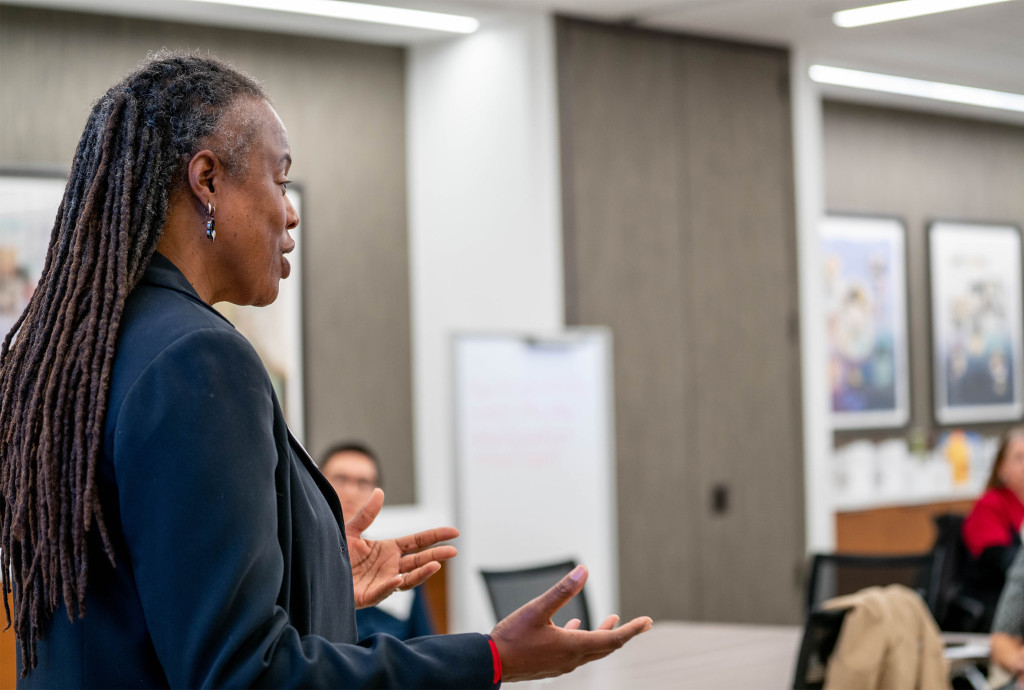MEMBER SERVICES/RESOURCES COORDINATOR
POSITION SUMMARY:
Beacon Hill Village (BHV) is a non-profit, member-driven organization based in Boston that launched the Village movement in 2002. Through programs, access to resources, and community engagement, BHV enables older adults to lead active and healthy lives as they age independently in their own homes and community.
BHV is seeking a motivated, enthusiastic individual, who enjoys working with older adults and is passionate about the Village model. This individual will provide ongoing support to members by identifying, making referrals to, and coordinating home and community-based resources and support.
The Member Services/Resources Coordinator is a full-time, exempt position that reports to the Executive Director
ESSENTIAL RESPONSIBILITIES
Information, Referral and Support
Provide timely and professional telephone support and informal care coordination to Beacon Hill Village (BHV) members in a caring and compassionate approach.
Respond to members’ requests for information and assistance, identify local resources for home- and community-based services and supports, and facilitate and coordinate referrals.
Problem-solve with members to identify and assess their needs for home- and community-
based services and supports, and identify, recommend, facilitate and coordinate referrals
Collaborate with other staff and outside providers to meet members’ needs.
Conduct regular wellness check-in calls with members.
Communicate with members’ families and other involved individuals/providers as needed.
Provide information to partners and potential members about BHV’s mission, programs,
services, and benefits of membership.
Facilitate onboarding of new members and participate in quarterly orientation sessions.
Provider Management
Identify needs for additional service providers.
Research, recruit, interview, and screen potential service providers.
Maintain ongoing quality/member satisfaction with providers.
Administrative
Document/maintain member information, service requests, contacts, and service provider quality in a timely and accurate manner.
Prepare concise and complete monthly Member Service reports.
Complete required data entry for village services and charges.
Provide support to BHV committees/work groups as required.
Assist Member Ambassador Coordinators in assigning ambassadors to new members.
Beacon Hill Village 74 Joy Street Boston, MA 02114 (617-723-9713)
QUALIFICATIONS AND EXPERIENCE
Bachelor degree required; Masters or BA in Gerontology, Human Services, Social Work, or Public Health Policy preferred.
3-5 years related experience required; demonstrated commitment to and experience in the field of aging and in working with older adults preferred.
Highly organized and detail oriented with strong time management skills.
Collaborative, team-oriented and able to multi-task in a fast-paced open office environment.
Ability to work independently and problem solve, particularly under times of stress.
Excellent communication skills and ability to develop and sustain interpersonal
relationships with older adults, and other internal and external constituencies.
Strong proficiency with MS Office (Word, Excel, and PowerPoint), Google shared
applications, and Zoom platform and tools.
COMPENSATION AND BENEFITS
$50, 000 to $56, 000, plus two weeks paid vacation, sick leave, and holidays, and a contribution to health insurance costs. Combination of in-person and remote working options available.
TO APPLY
Application deadline: April 12, 2021. Applications will be reviewed on a rolling basis.
Please send your resume, cover letter and list of three references to
info@beaconhillvillage.org. Include “MEMBER SERVICES/RESOURCES COORDINATOR POSTING” in the subject line. In your cover letter, please tell us what you enjoy most about working with older adults and what particularly attracts you to working at Beacon Hill Village. Also, please describe how your qualifications and experience are aligned with BHV’s mission to enable older adults to successfully age in place.
ABOUT BEACON HILL VILLAGE
Established in 2002 by neighborhood residents, Beacon Hill Village is a non-profit membership organization that creates opportunities for older adults to choose how aging is lived and change how aging is valued. Serving hundreds of Boston residents age 50+, BHV supports its members in living active, independent and healthy lives and successfully navigating the transitions of growing older. We provide programs to educate and entertain; health and wellness activities to increase physical activity and improve overall health; linkages to home- and community-based services, transportation and grocery shopping to facilitate convenience and independence; social events and shared interest groups to build community and prevent isolation; and opportunities for volunteerism and community engagement to create a sense of purpose. All programs and services are in direct response to the expressed needs and desires of our members. As the first Village in the nation nearly 20 years ago, Beacon Hill Village pioneered a social innovation, developed by older adults for older adults, that promotes aging in community. Today, there are more than 350 open and developing villages across the country and around the world, all supported by the Village to Village Network, which Beacon Hill Village helped to establish and is a member of today.
Beacon Hill Village 74 Joy Street Boston, MA 02114 (617-723-9713)







